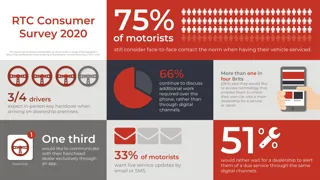A report into Mitsubishi’s falsification of fuel economy figures for certain Japan-only models has blamed a cost-cutting corporate culture.
A third-party trio of legal experts assembled to investigate the scandal, which affected microcars also sold under the Nissan name and forced the resignation of Mitsubishi President Tetsuro Aikawa, have spent three months investigating the matter.
They found that a cost-cutting corporate culture in which Mitsubishi engineers and developers were pushed to hit unrealistic targets was partly to blame, the Wall Street Journal reported.
Fuel economy calculations were made on desktop computers rather than through vehicle testing in a bid to cut costs and, though management was not directly involved in data manipulation, it had “low interest” in the day-to-day work of developing new cars, the report stated.
Addressing the media at a news conference on Tuesday Mitsubishi President Osamu Masuko admitted: “Managers over the years, including myself, should have paid more attention to voices from the front lines.”
Mitsubishi employees had raised issues of data falsification in a questionnaire completed in 2011 but the issue was not addressed until Nissan Motor Co – a 34% controlling stakeholder in Mitsubishi as of June – flagged up fuel economy discrepancies last year.
The brand has set aside ¥50 billion (£360 million) to compensate owners for higher-than-advertised fuel expenses.


















Login to comment
Comments
No comments have been made yet.